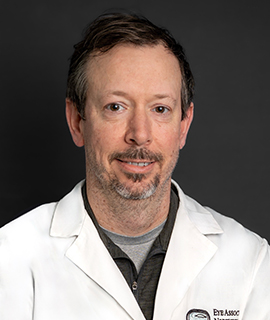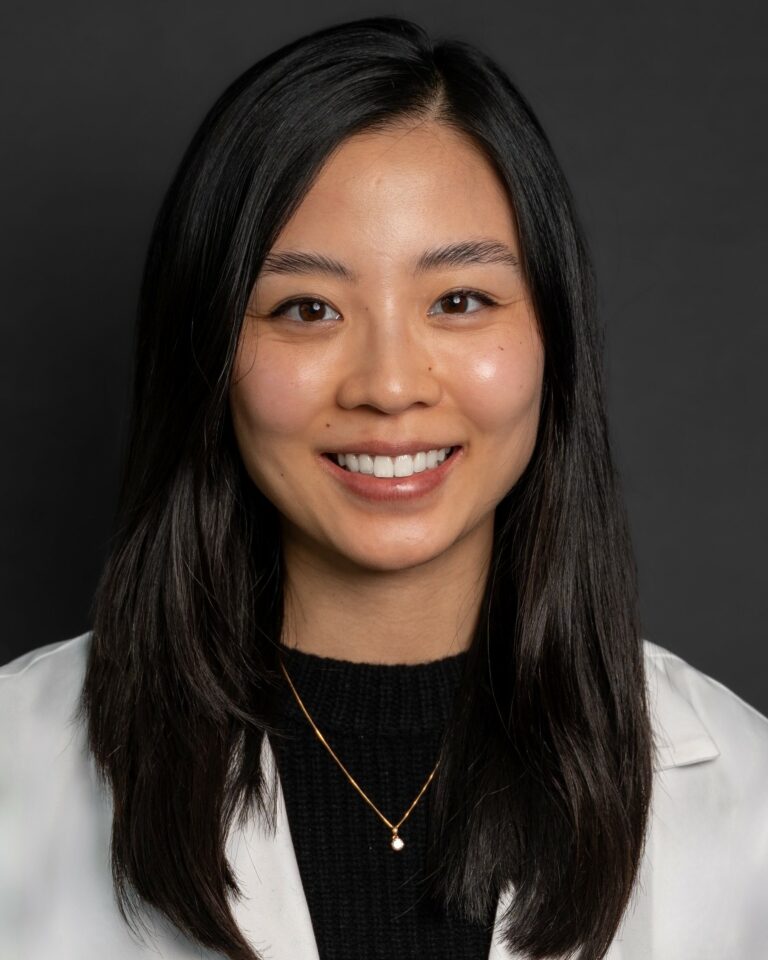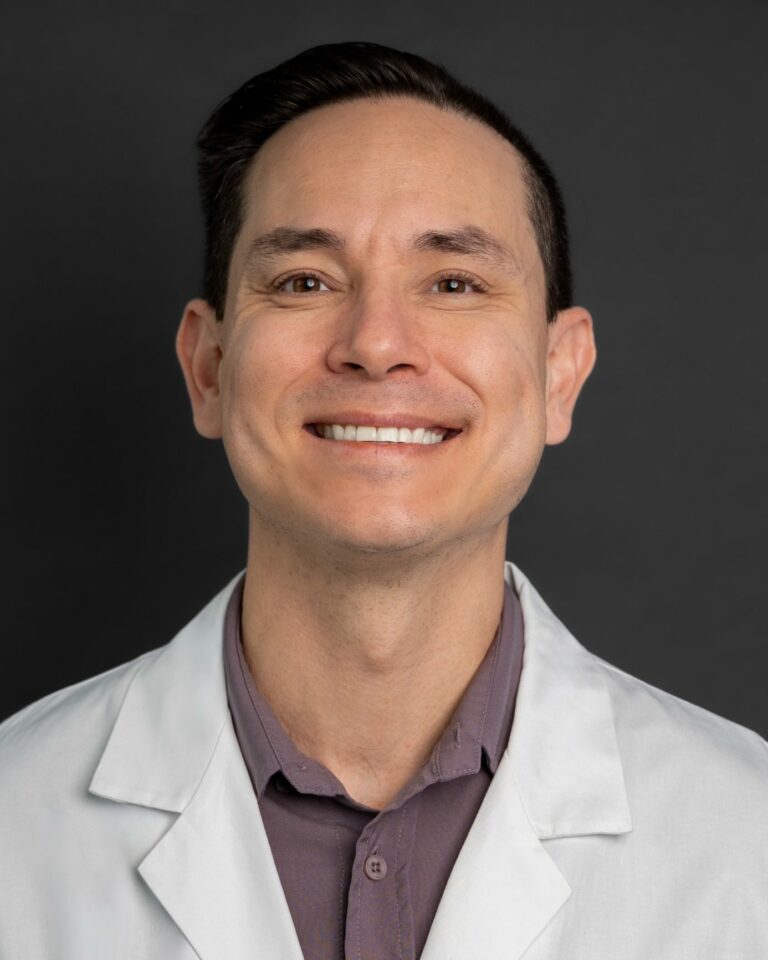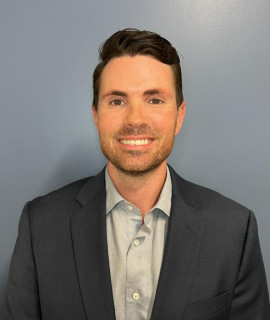Edmonds
21616 76th Ave W Suite 110
Edmonds, WA 98026-7512
- Phone: 425.775.0548
- Fax: 206.342.6166
Mon - Fri 7:30am - 4:30pm
Closed Saturday and Sunday.
Holidays may affect these hours.
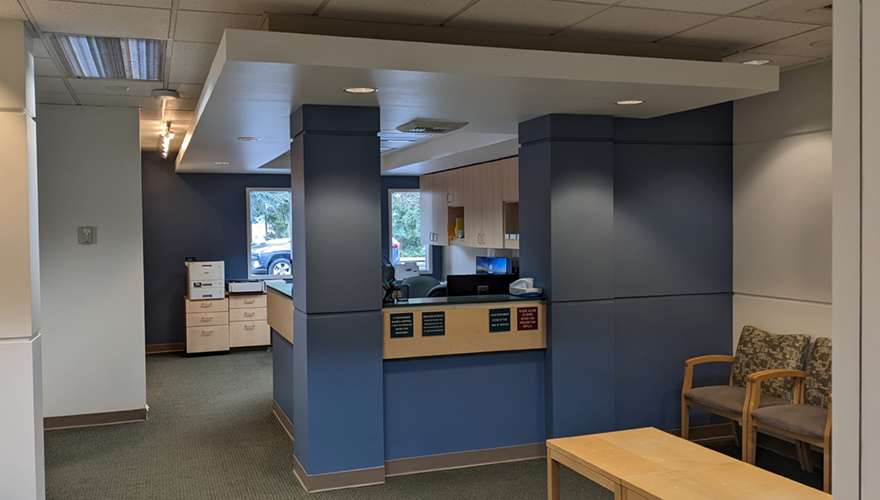
Eye Doctor in Edmonds
Looking for an experienced eye doctor in Edmonds? At Eye Associates Northwest, our dedicated team is here to ensure your vision is our priority. Visit us in Edmonds for comprehensive eye care and personalized service you can trust. Schedule your appointment today and see the difference for yourself!
Services/Specialties
- Adult Strabismus – When strabismus, or eye misalignment, affects adults, it can lead to symptoms like double vision, eye strain, and challenges with depth perception. Thankfully, an eye doctor can work with you to explore various treatments that might help, from corrective lenses and targeted eye exercises to, if necessary, surgical adjustments to the eye muscles.
- Advanced Imaging – Modern imaging techniques, such as OCT scans and retinal photography, give eye doctors a detailed look at the eye’s inner structures. These tools make it easier to detect diseases like glaucoma, macular degeneration, and diabetic retinopathy early on, supporting timely and potentially more effective treatment.
- Cataract Surgery – Cataracts, which cloud the natural lens, often lead to blurred vision and sensitivity to light. During cataract surgery, the cloudy lens is replaced with a clear artificial one, bringing back sharp, clear vision. Your eye doctor will help you understand your options for replacement lenses and guide you through recovery to ensure the best outcome.
- Contact Lenses – Contact lenses are an adaptable solution for vision correction, offering options for various vision needs, from nearsightedness and farsightedness to astigmatism and presbyopia. An eye doctor can assess your specific requirements and help you choose the best fit, whether daily, extended, or specialty wear is right for you.
- Cornea – The cornea, the clear, front layer of the eye, plays a critical role in focusing light. Conditions affecting it—such as infections, keratoconus, or injuries—can impact vision. Treatment options from your eye doctor may include medications, specialized contacts, or sometimes surgery to help restore visual clarity.
- Diabetic Eye Disease – Diabetes can affect the blood vessels in the retina, leading to diabetic eye diseases like retinopathy or macular edema. Regular check-ups with an eye doctor can catch these changes early, and treatment options like laser therapy or injections can help protect and preserve vision over time.
- Dry Eye Disease – Dry eye disease occurs when the eyes can’t produce enough tears or lack the right tear quality for proper lubrication, often causing stinging, redness, or blurred vision. Your eye doctor can help relieve these symptoms with treatments like prescription eye drops, tear duct plugs, or lifestyle recommendations.
- Eyelid and Facial Surgery – Eyelid and facial surgery can address both functional and cosmetic concerns, such as droopy eyelids that might limit your vision or extra skin around the eyes. An eye doctor skilled in oculoplastics can enhance the function and appearance of your eyelids, improving both vision and comfort.
- Glaucoma – Glaucoma refers to a set of eye conditions that, if untreated, can damage the optic nerve and lead to vision loss, typically due to elevated eye pressure. Regular visits to an eye doctor allow for early detection, and treatment options such as eye drops, laser therapy, or surgery can help control the condition and protect vision.
- Medical Retina – The retina is the light-sensitive layer at the back of the eye, vital for sight. Conditions like retinal tears, detachments, or macular degeneration require specialized care. An eye doctor with expertise in retinal health can provide treatments, including injections, laser therapies, or surgery, aimed at preserving your vision.
- Myopia Control Clinic – Myopia, or nearsightedness, often progresses throughout childhood, leading to stronger prescriptions and increased eye health risks as one ages. A myopia control clinic can offer treatments to help slow this progression, such as specially designed contact lenses or atropine eye drops, with guidance from an experienced eye doctor.
- Optical – Optical services offer a wide variety of eyewear options, from trendy frames to advanced lenses, including blue-light-blocking, transition, and progressive lenses. Your eye doctor and the optical team can help you select lenses that best suit your lifestyle and visual needs, ensuring clear, comfortable vision.
- Pediatric Eye Doctor – Pediatric eye doctors specialize in children’s eye health, diagnosing and treating conditions such as lazy eye (amblyopia), strabismus, and focusing issues. With regular exams, an eye doctor can support your child’s visual development, ensuring they’re set up for learning and day-to-day activities.
What to Expect During Your Visit
Prior to your Visit
Please bring your photo ID, insurance card, and a list of current medications to your appointment. If you have glasses, be sure to bring those with you. If you wear soft contact lenses, insert them 2 hours prior to your appointment. If you wear hard contact lenses, insert them 4 hours prior.
During your Visit
We may do additional testing based on your specific ocular or health history. You should expect that we will check your vision, your ocular pressure, provide you with a glasses prescription, and dilate your eyes to check the health of your retinas.
Patients are required to wear a face mask while in clinic to protect other patients and our staff. Please wear your mask for the duration of your visit unless your exam necessitates its removal. We appreciate your cooperation.
After your Visit
You may be light-sensitive or having difficulty focusing up close for a few hours as your dilation wears off; however, you will be safe to drive.

